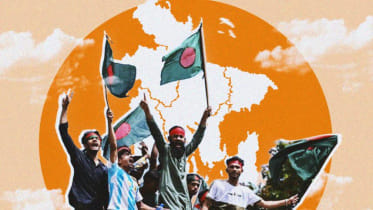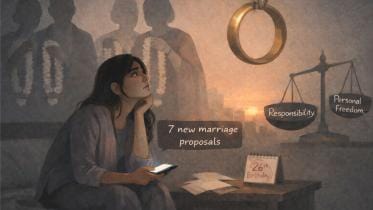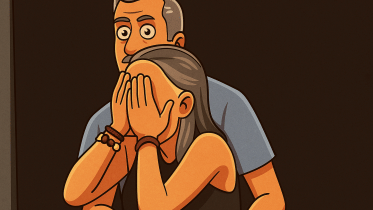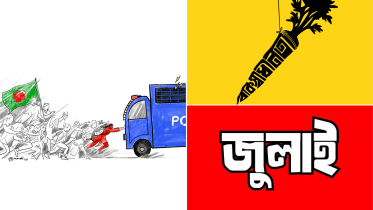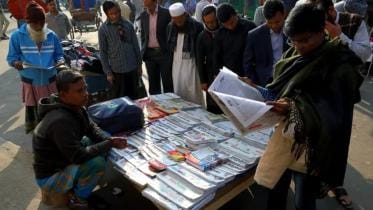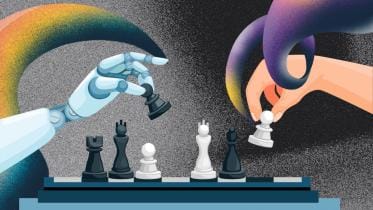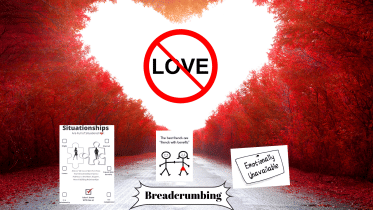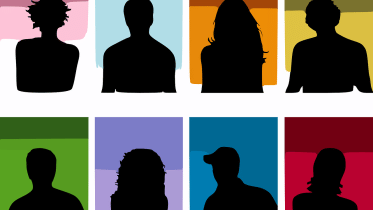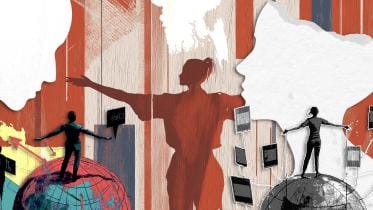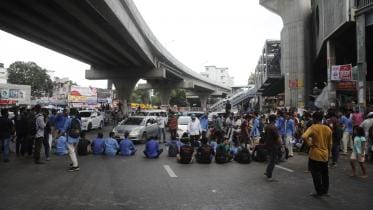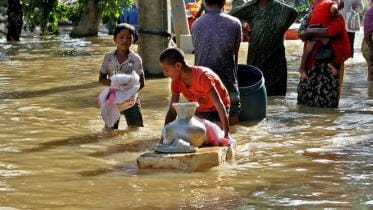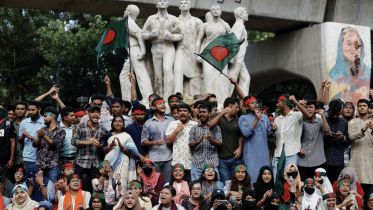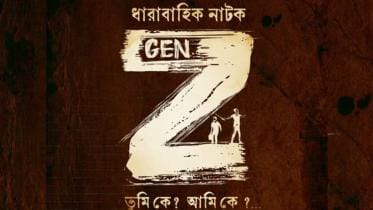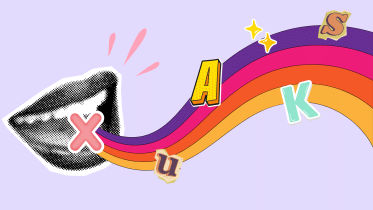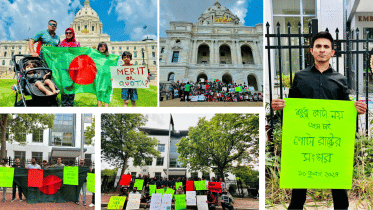Gen Z
The political coming-of-age of a generation
For most of our lives, democracy existed as a concept we memorised rather than experienced.
9 February 2026, 15:45 PM
Are Bangladeshi youth increasingly avoiding marriage?
Navigate traditional Bangladeshi marriage pressures by prioritizing personal compatibility over social expectations. Young adults today balance career ambition with emotional autonomy, seeking intentional partnerships that honour independence while avoiding the exhausting pitfalls of mismatched commitments.
25 December 2025, 13:01 PM
The Gen Z guide to smarter learning
For Gen Z students who have grown up navigating both online classes and algorithmic chaos, learning smarter isn’t about working harder or longer. It is about using the right tools with the right mindset.
14 October 2025, 05:44 AM
A guide for Gen Z founders: Navigating Bangladesh’s unfriendly, orthodox startup ecosystem
In Bangladesh, promise collides with a different set of frictions. Many Gen Z founders carry more self-awareness than spatial awareness; they can read a room emotionally but still misread how power, process, and patience work in this market.
2 September 2025, 07:11 AM
Nature, and stray cats: Dhaka’s hidden daily joys
In bustling Dhaka, people of all ages are reconnecting with nature—petting strays, planting trees, and finding peace in greenery—proving that even small acts of care can help build a greener, more livable city.
26 August 2025, 08:52 AM
The Gen Z guide to networking
For students and recent graduates, networking can provide access to internships, mentorship, industry insights, referrals, and even long-term career opportunities. But how do you begin building a network when you are just starting out?
19 August 2025, 05:12 AM
What counts as cheating now? Gen‑Z rules vs Boomers
A billionaire CEO’s affair sparked debate on what counts as cheating in 2025. With evolving relationship norms, terms like “situationships” and shifting values challenge traditional definitions of love, loyalty, and commitment in modern dating.
24 July 2025, 12:17 PM
How art and satire fought back during the July Movement
During Bangladesh’s July Movement, meme artists and political illustrators used digital satire and visual storytelling as powerful tools of resistance, transforming protest into art that exposed truth, challenged authority, and preserved uncensored history online.
17 July 2025, 12:12 PM
Why saving newspapers is essential for healthy democracy
As more people turn to digital platforms for news in this manner, traditional newspapers are facing an existential crisis.
2 July 2025, 10:20 AM
Gen Z is writing the next chapter of entrepreneurship with AI
Gen Z has never known a world without digital connectivity, and artificial intelligence (AI) is not a distant concept to them.
11 April 2025, 08:00 AM
Situationships? Breadcrumbing? Ghosting? Unpacking Gen Z dating lingo for Millennials
In the age of Gen Z dating, millennials find themselves grappling with terms like breadcrumbing, situationships, and ghosting. Gone are the days of clear labels and simple intentions. Now, it's all about ambiguity and emotional gymnastics.
11 February 2025, 14:24 PM
Gen Beta begins baby steps tomorrow, following Gen Alpha and Gen Z
A new generational cohort, Generation Beta, will officially begin on 1 January 2025, marking the emergence of a cohort expected to grow up in a world defined by rapid advancements in artificial intelligence (AI), digital connectivity, and pressing environmental challenges.
31 December 2024, 11:10 AM
The Gen Z factor in geopolitics and the Bangladesh-US dynamics
Gen Z should keep in mind that the US cannot afford to overlook a partner like Bangladesh given the country’s pivotal position in South Asia’s economic landscape.
18 December 2024, 03:09 AM
How time was appropriated to make a movement successful
Consciously or unconsciously, Gen Z seemed to have capitalised on the fluid nature of time.
23 September 2024, 12:00 PM
Preparing Generation Alpha for a Charitable Future
Encouraging students to take on leadership roles in community service projects can build on the legacy of Gen Z’s activism.
5 September 2024, 03:00 AM
A new era of youth-driven democratic uprisings
Bangladesh is the latest in a series of youth-driven uprisings that have shaken countries in Asia and Africa this year.
4 September 2024, 12:00 PM
Abu Hayat Mahmud to direct new series emphasising Gen Z
The generation, known as Gen Z, has been at the forefront of the transformative change in Bangladesh. Their movement has played a pivotal role in reshaping the nation's political landscape. During this period, a heightened sense of political awareness has emerged among the people, leading to a profound shift in perspectives.
31 August 2024, 05:33 AM
Gen-Z lingo: Explained
As you begin to lose yourself in the stream of internet lobotomisation, you will realise that you can’t send a single text anymore without at least three accompanying emojis that make no sense contextually, and you’ll wonder what you've become.
22 August 2024, 00:00 AM
Non-resident Bangladeshi voices in the Anti-Discrimination Student Movement
Bangladesh has recently witnessed extraordinary times. In July 2024, what began as a student movement demanding a restructuring of the government job quota system escalated into a countrywide mass movement for equality, justice, and democratic freedom.
21 August 2024, 11:36 AM
How to welcome Gen Z in the workplace
From values, work ethics, and communication styles, to even their appearance, Gen Z see things from a different perspective. Given how workplaces are beginning to be more immersed in the Gen Z experience and how they are the future, it is a good idea to be acquainted with their distinct characteristics so that we can develop a better understanding, collaborate better, and make the most of their immense potential.
9 May 2024, 09:00 AM



